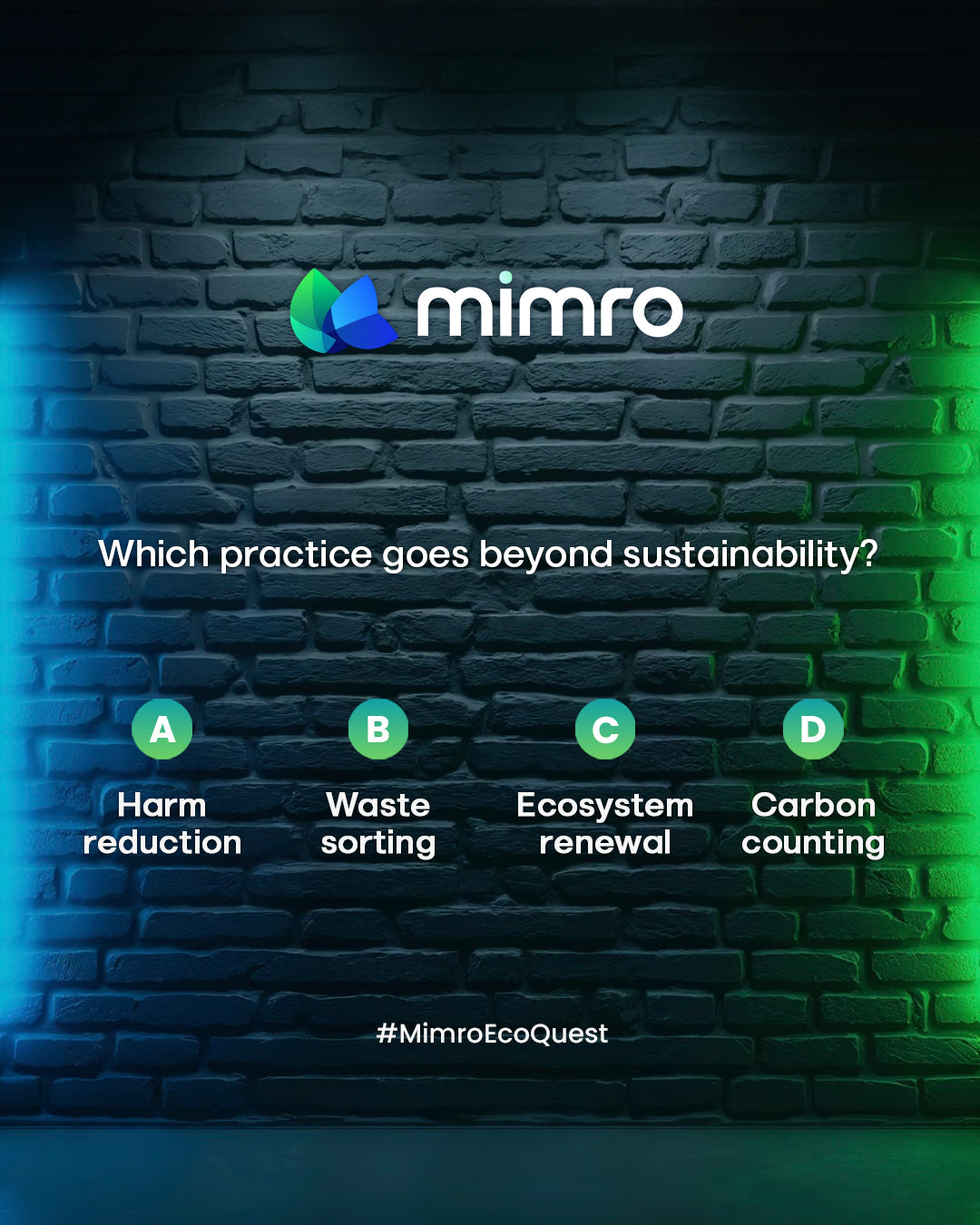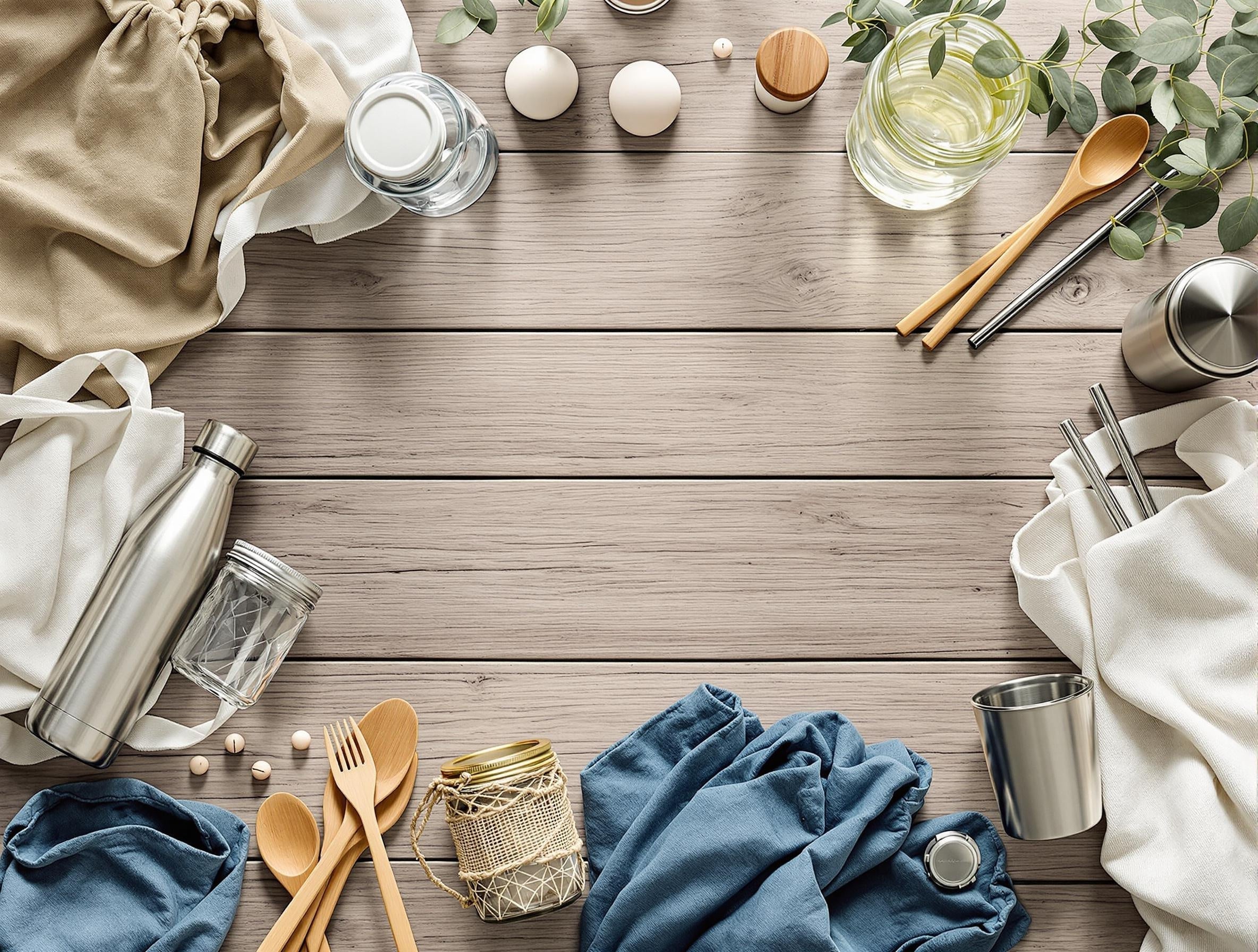New Arrivals
✨New arrivals alert: Sustainable style meets everyday awesome!
This store requires javascript to be enabled for some features to work correctly.
✨New arrivals alert: Sustainable style meets everyday awesome!
Play Eco Quest and see how small, fun choices can make a big impact on Earth!
🌍 Sustainability just got a serious upgrade with this week's eco champion!
🌿Say hello to our newest earth loving arrivals. You're gonna love these!
Play Eco Quest and see how small, fun choices can make a big impact on Earth!
💚One pick, endless impact. Meet the eco find that's rewriting the rules!
Play Eco Quest and see how small, fun choices can make a big impact on Earth!
🌍 Your new favorite eco find is here, and it's making sustainability look effortless!
Play Eco Quest and see how small, fun choices can make a big impact on Earth!
♻️This week's green hero proves planet friendly choices can be seriously stylish!

Play Eco Quest and see how small, fun choices can make a big impact on Earth!
✨The eco product you didn't know you needed but won't want to live without!

Published on July 24th, 2025 | 6 min read
The kitchen is where we gather, nourish, and create, but it’s also where a lot of waste piles up. From spoiled food to plastic packaging, the average household throws out hundreds of dollars’ worth of edible food and single-use items each year.
The good news? Small kitchen habits can lead to big savings and a lighter footprint. With a few mindful shifts, you can cut waste, save money, and make your kitchen a hub of sustainability.
Here’s how to get started.
Before heading to the store, take a good look at what you already have. That half-used bag of spinach or lone carrot might be just what tonight’s dinner needs.
Smart swaps:
Turn wilting produce into stock, smoothies, or sauces.
Plan meals around what needs to be eaten first
Improper storage leads to faster spoilage. Learn where each item thrives. Bananas don’t love the fridge, but herbs do better in water like flowers.
Try this:
Use beeswax wraps or silicone lids to cover produce and bowls.
Glass jars to store pantry staples and reduce packaging
Reusable produce bags to cut down on plastic waste
Embrace leftovers as tomorrow’s timesavers, not afterthoughts. A little creativity turns repeats into new meals.
Ideas include:
Grain bowls with roasted veg and a fresh sauce
Frittatas with last night’s cooked veggies
Pasta tossed with leftover greens and protein.
Buying in bulk reduces both packaging waste and cost per unit. But only buy what you’ll realistically use.
Low-waste staples:
Rice, oats, lentils, beans
Spices, nuts, dried fruit
Cleaning refills and dishwasher pods in cardboard boxes
Even with the best habits, some food scraps are inevitable. Composting turns them into nutrient-rich soil instead of methane-producing waste in landfills.
Getting started:
Use a countertop compost bin for easy collection.
Check if your city offers food waste pickup.
Or start a simple backyard or balcony compost pile.
The kitchen is full of disposables that can be swapped for reusables that last and save over time.
Easy upgrades:
Cloth napkins instead of paper towels
Swedish dishcloths over sponges
Refillable soap dispensers and bulk cleaner tablets
Living sustainably in the kitchen isn’t about restriction; it’s about rethinking what we already do. These habits aren’t just good for the planet; they help stretch your food (and your budget) further.
At mimro, we believe every meal is a chance to waste less and live better. Whether you're storing smarter, cleaning greener, or composting with ease, your kitchen can become your most sustainable space.
Explore our low-waste kitchen essentials at mimro.com; thoughtful tools for everyday impact.
Published on July 3rd, 2025 | 4 min read We often hear that living more sustainably means driving less or...
Published on July 2nd, 2025 | 4 min read When it comes to climate change, it’s easy to feel like...
Published on 26th June | 5 min read Imagine this: one bottle, used over and over, eliminating the need for...
Published on July 3rd, 2025 | 4 min read We often hear that living more sustainably means driving less or...
Published on July 2nd, 2025 | 4 min read When it comes to climate change, it’s easy to feel like...
Published on 26th June | 5 min read Imagine this: one bottle, used over and over, eliminating the need for...




